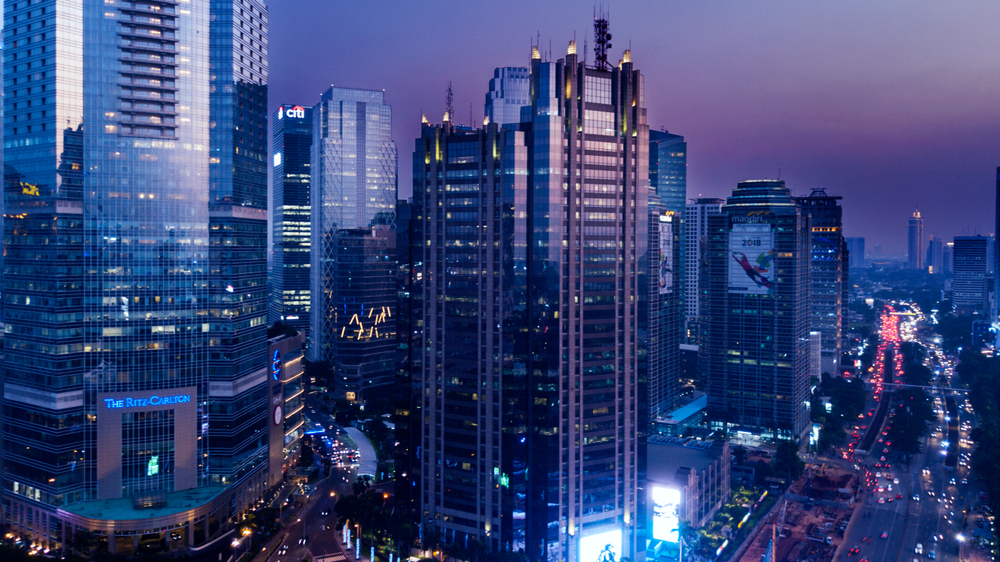
Tourism seen as key to Southeast Asia’s economic recovery

Global research firm McKinsey’s economic report for the first quarter of this year showed how tourism is becoming a key factor for economic recovery in Southeast Asia.
However, while some countries are experiencing robust growth, others face challenges. This, in turn, has created a diverse range of opportunities and considerations for the regional travel industry.
Consumption is key
One such success story is Indonesia whose economy received an ample boost from strong domestic consumption rooted in spending for the recent elections, as well as this year’s Ramadan festivities.
Increased domestic spending is also seen as a potential driver of local tourism which, in turn, could offset the adverse impact of the rupiah’s recent depreciation against the US dollar.
On the rise
Malaysia also posted growth of around 4.2 percent with its gross domestic product (GDP) thanks to higher tourist arrivals and spending. The positive outlook for Malaysian tourism, as well as retail and exports, shows how the country offers a welcoming environment for foreign nationals. In turn, this may be seen as a harbinger of growth for the luxury and experiential travel sectors.
Vietnam also enjoyed substantial growth in its tourism industry at the beginning of this year. Favourable visa policies paired with tourism stimulus measures boosted international arrivals by nearly 72 percent compared to Q1-2023. Travel advisors also look upon the country as filled with promise as an emergent destination thanks to its diverse cultural and leisure attractions.
Slow but steady
While the Philippines posted the highest in terms of economic growth at 5.7 percent, the country is currently going through its slowest expansion since 2010 due to high inflation and cautious spending. While this may adversely impact domestic tourism, it could make the country more attractive for international visitors due to potentially favourable exchange rates.
Singapore, on the other hand, got a proverbial shot in the arm from a recent spate of international concerts. Indeed, the fact that it was the only Southeast Asian city on pop star Taylor Swift’s recent world tour underscores the country’s potential when it comes to event-centric tourism. But while the country’s tourism sector sees potential opportunities in urban and cultural attractions, Singapore’s economic growth remains slow to recover.
For its part, Thailand remains optimistic that tourism will be what improves its economy which, at the beginning of the year, recorded the slowest expansion among its regional peers.
EXPERT OPINION

